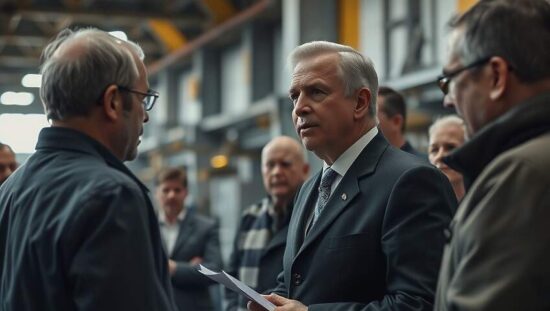Germany’s reliance on China for battery cell production has drawn sharp criticism from Lower Saxony’s Minister President, Olaf Lies, who voiced concerns about the nation’s strategic vulnerability in a recent interview. Speaking to ARD’s “Bericht aus Berlin” Lies highlighted the stark reality that over 80% of global battery cell production originates in China, while Europe currently lacks the capacity to manufacture the necessary machinery for their production.
This dependency presents a significant challenge for Germany, a nation which simultaneously relies on trade and market access within China. Lies acknowledged the continued importance of the Chinese market, stressing the need for targeted investments alongside the imperative to foster a more resilient, geographically diversified supply chain.
The call for greater European autonomy comes amidst intense cost pressures within the German automotive industry. Lies conceded that European-made cells presently cannot compete with Chinese production on price, underscoring the economic disadvantage caused by the current reliance. He argued that a long-term strategy must encompass bringing chip manufacturing and the production of critical raw materials back to Europe, not simply to secure economic competitiveness but also to safeguard national security and reduce geopolitical risk.
Lies’ comments reflect a growing sentiment within German political circles, pushing for a more cautious and self-reliant approach to economic partnerships, particularly concerning technologies central to the electric vehicle transition. The question now becomes whether the political will exists to implement the significant investments and structural changes required to address this dependence and re-establish European leadership in a critical sector.





